Advances In Coastal And Ocean Engineering, Vol 1
The aim of this review series is to present critical commentaries on knowledge in the field of coastal and ocean engineering. Each article will review and illuminate the development of the scientific understanding of a specific engineering topic. Critical reviews on engineering designs and practices in different countries will also be included. The first volume of the review series is a collection of five papers reviewing a wide range of research topics in coastal engineering.The first paper, written by Yeh, discusses one of the fundamental issues concerning many fluid flow problems, namely, free surface boundary conditions. In the second paper, a survey on another boundary dynamics, the seafloor dynamics is presented. Foda reviews recent studies on the nonlinear wave energy transfer into the seabed and different modes of wave-induced sediment fluidization processes in cohesive as well as in noncohesive seabeds. Several issues concerning the interactions between sediment deposit and marine structures, such as pipeline and breakwater, are also briefly reviewed. One of the active research areas in modeling wave propagation is the construction of a unified model which is valid from deep water to shallow water. Liu discusses several existing models. The sediment movement in the surf zone is a complex system. It can usually be decomposed into the longshore and the cross-shore components. Dean focused his discussion on the cross-shore sediment transport process. In the last paper, van der Meer presents a comprehensive review of the design consideration for a rubble mound breakwater. Both hydraulic and structural responses are discussed. Design formulas and graphs are presented, which can be used for a conceptual design of rubble mount breakwater.
{{comment.content}}
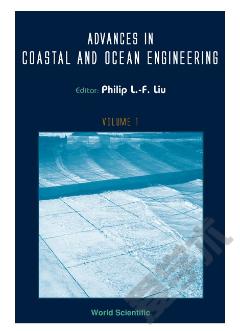
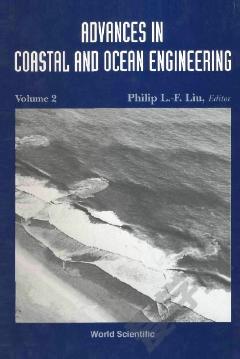
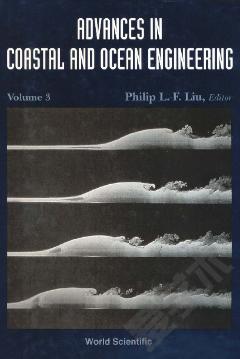
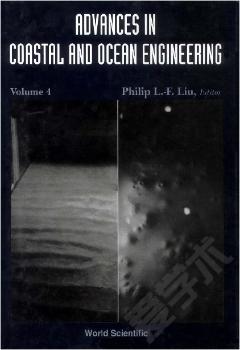

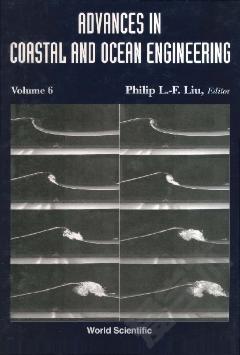
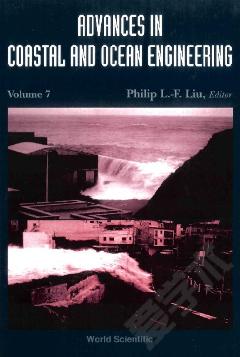

 京公网安备 11010802027623号
京公网安备 11010802027623号